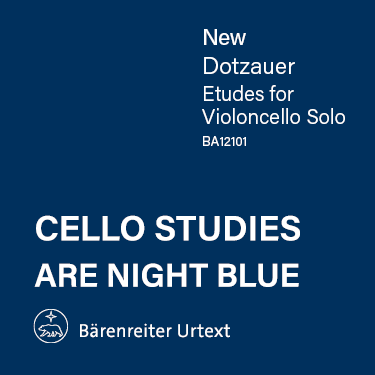Author: Gregory Beaver
Gregory Beaver is the cellist of the Chiara String Quartet. As a part of the quartet he has performed around the world, won accolades in both national and international string quartet competitions, and made several recordings. Along with the other Chiara members, he is Assistant Research Professor and artist-in-residence at the University of Nebraska-Lincoln where he coaches chamber music, teaches cello and helps coordinate the chamber music program. As a soloist, Mr. Beaver won the 1997 Corpus Christi Young Artist's Competition and was selected as one of the two quarterfinalists from the United States for the Australasian International Cello Competition in Christchurch, New Zealand.
Upcoming solo performances include the Elgar Cello Concerto with the UNL Symphony in the spring of 2014. In 2011-2012, Mr. Beaver performed the complete Unaccompanied Cello Suites of Bach in a 4-concert series featuring both he and violinist Hyeyung Julie Yoon playing the complete Unaccompanied Sonatas and Partitas for Violin. He has concertized in a duo with Naumburg Competition-winning pianist Soyeon Kate Lee. His recent solo performances range from concerto appearances to a New York recital event where he presented the complete cycle of Beethoven’s cello and piano music. Mr. Beaver has worked with great artists such as Pierre Boulez in a special Carnegie Hall performance of Messagesquisse, and as principal cellist of the Tanglewood Music Center Orchestra he has worked with conductors such Claudio Abbado and Robert Spano. Gregory recently performed the complete Brahms cello sonatas with pianist Paul Barnes, and performed Dvorak's cello concerto with the UNL Symphony in 2007.
Gregory started cello with Char Sherman in the Okemos Suzuki program in Okemos, Michigan. He studied with Marilyn Kesler and continued his studies with renowned pedagogue Louis Potter, jr. He has a BM cum laude from Rice University where he studied with Norman Fischer, an MM from The Juilliard School where he studied with Joel Krosnick, and an Artist Diploma in String Quartet Studies from The Juilliard School where he studied with the Juilliard String Quartet. Gregory is also an internationally recognized expert in the PHP computer programming language, and his book The PEAR Installer Manifesto: Revolutionizing PHP Application Development and Deployment was released by Packt Publishing in October of 2006. His blog is a popular source of information on advanced cello techniques and has the definitive article on traveling with a cello by air.
The Chiara String Quartet
Lot 49 - Gregory Beaver's Blog
University of Nebraska - Lincoln
By Gregory Beaver January 29, 2018
By Gregory Beaver December 20, 2017
Subjects Repertoire
Tags
By Gregory Beaver October 30, 2017
Subjects Practicing
Tags artistry, Chiara Quartet, greg beaver, musicality
By Gregory Beaver May 27, 2013
Subjects Playing Healthy, Practicing
Tags advanced breath control, aerobic exercise, Awareness, balance, Beaver, body, breath control, breathing, breathing with scales, CD player, cellists, cello, cellobello, chest, control, controlled frenzy, Coordination, diaphragm, emit sound, Gregory, heart rate, Improve your talent, improvement, light-headed, muscles, musicians, oxygen, practicing, relaxation, simple formula, skill, smoothness, stomach, strengthen the diaphragm, T’ai Chi, talent, Technique, trouble passages, unbalancing the body, weakness, yoga
By Gregory Beaver May 20, 2013
Subjects Playing Healthy, Practicing





